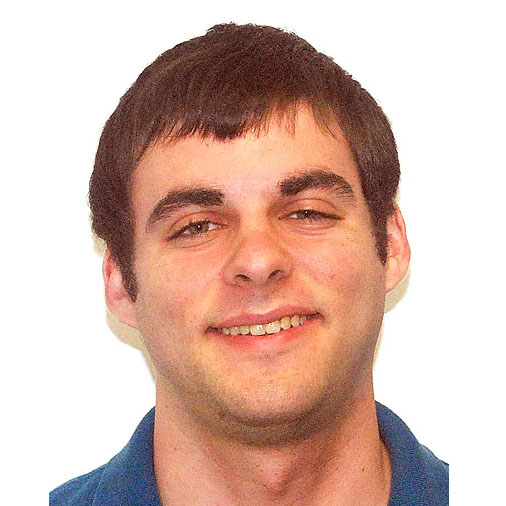University of Delaware summit examines future of medical workforce
Introduction of AI, bots, advanced training on horizon
NEWARK — Things that once seemed like science fiction are becoming a reality in health care.
Consumers are already using smartphones’ health sensors to improve their general nutrition and fitness. And Dr. Bertalan Meskó, director of the Medical Futurist Institute in Budapest, Hungary, thinks that is only the beginning.

You must be a member to read this story.
Join our family of readers for as little as $5 per month and support local, unbiased journalism.
Already a member? Log in to continue. Otherwise, follow the link below to join.
Please log in to continue |
University of Delaware summit examines future of medical workforce
Introduction of AI, bots, advanced training on horizon
NEWARK — Things that once seemed like science fiction are becoming a reality in health care.
Consumers are already using smartphones’ health sensors to improve their general nutrition and fitness. And Dr. Bertalan Meskó, director of the Medical Futurist Institute in Budapest, Hungary, thinks that is only the beginning.
Dr. Meskó was one of the keynote speakers Tuesday at the University of Delaware’s Stern Future Healthcare Workforce Summit, discussing the future of the medical workforce.
His presentation focused on the potential for artificial intelligence to contribute to most aspects of a physician’s work. He said that, in the future, every repetitive and database task should be automated.
While these advances should help with nursing and doctor shortages, they will never replace humans in the health care workforce, Dr. Meskó said.
“I guarantee that AI will not replace medical professionals, but those medical professionals who use AI will replace those who do not,” he said.
As an example, Dr. Meskó noted that, if technology became so advanced that a robot could take a blood sample, medical staff would still have a place in that scenario.
“They will be there for the patient, to make sure they feel empathy and compassion because robot algorithms cannot do that,” he said.
COVID-19 expedited this technology revolution in health care, Dr. Meskó added, saying that, though the technology had been in place for years, telehealth did not become popular until the first few months of the pandemic. It showed that some health care visits could be completed without patients ever leaving their homes.
Further, automation could clear the way for an even greater reliance on telehealth, Dr. Meskó said. He pointed to the United Kingdom, where one practice had a chatbot speak to those waiting for a mental health visit. When the patient subsequently met the medical professional, the chatbot wrote a report about the case to support the physician.
The next step would be bots that could scan images to diagnosis issues.
“Imagine that you take a photo of your skin lesion with your smartphone, and an AI analyzes it,” Dr. Meskó said. “If you need to be checked by a dermatologist, it will even help you make an appointment.”
With more automation in health care, the doctor said professionals in the field will have to be trained differently.
“We cannot train the medical workforce for using specific technologies anymore because, by the time they graduate, they literally have to use different technologies,” he said. “Let’s stop teaching them technical stuff. Let’s teach them approaches and skills related to the idea that they would find a way to work with these technologies, so they will become ready to make their own assumptions about the future.
“I think that’s how we can make them adopt these innovations a bit faster.”

 By
By 



